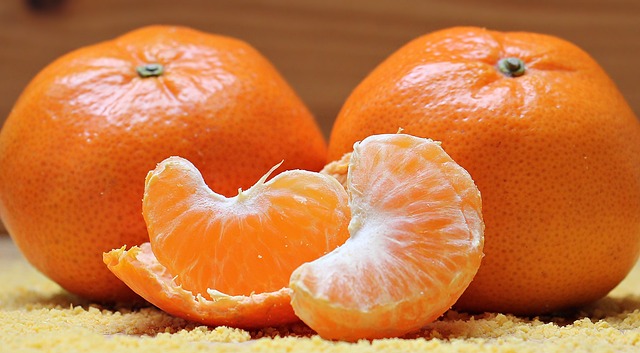Beyond Yogurt: Exploring Unexpected Sources of Probiotics
Probiotics are live bacteria and yeasts that are good for your health, especially your digestive system. Most people are familiar with probiotics found in yogurt, but did you know that there are several other unexpected sources of probiotics? In this blog, we will delve into these lesser-known sources and explore their benefits.
Sauerkraut
Sauerkraut is finely shredded cabbage that has been fermented by lactic acid bacteria, similar to the process used in yogurt. It is an excellent source of probiotics, including various strains such as Lactobacillus plantarum and Lactobacillus brevis. These bacteria contribute to a healthy gut flora and can improve digestion.
Tip: Look for sauerkraut made from raw cabbage that has been fermented naturally, as it contains higher levels of beneficial bacteria compared to pasteurized versions.
Kefir
Kefir is a fermented milk drink that has gained popularity in recent years. It is made by adding kefir grains, a combination of bacteria and yeast, to milk. The grains ferment the milk, producing a tangy and slightly carbonated beverage. Kefir is an abundant source of probiotics, with over 30 different strains. Some of the well-studied strains found in kefir include Lactobacillus acidophilus and Bifidobacterium bifidum.
Miso
Miso paste is a traditional Japanese seasoning made from fermented soybeans. It is rich in probiotics, particularly Lactobacillus rhamnosus and Lactobacillus plantarum, which are known for their ability to support a healthy immune system and improve gut health. Miso has a unique umami flavor, making it a versatile ingredient in various dishes.
Tempeh
Tempeh is a fermented soybean product originating from Indonesia. It is made by fermenting cooked soybeans with a mold called Rhizopus oligosporus. During fermentation, the mold binds the beans together, forming a firm patty. Tempeh is not only a good source of protein but also contains beneficial bacteria like Bacillus subtilis. These bacteria aid in the breakdown and absorption of nutrients in the digestive system.
Kimchi
Kimchi is a Korean side dish made from fermented vegetables, primarily cabbage, radishes, and scallions. It is seasoned with various spices and has a tangy, spicy flavor. Kimchi contains a variety of probiotic strains, such as Lactobacillus brevis and Lactobacillus plantarum. Regular consumption of kimchi has been linked to improved gut health and boosted immunity.
Conclusion
While yogurt is a popular and accessible source of probiotics, there are many other options to consider. Incorporating sources like sauerkraut, kefir, miso, tempeh, and kimchi into your diet can provide a diverse range of probiotic strains that support a healthy gut and overall well-being. Experiment with these unexpected sources and reap the benefits of a thriving microbiome!







